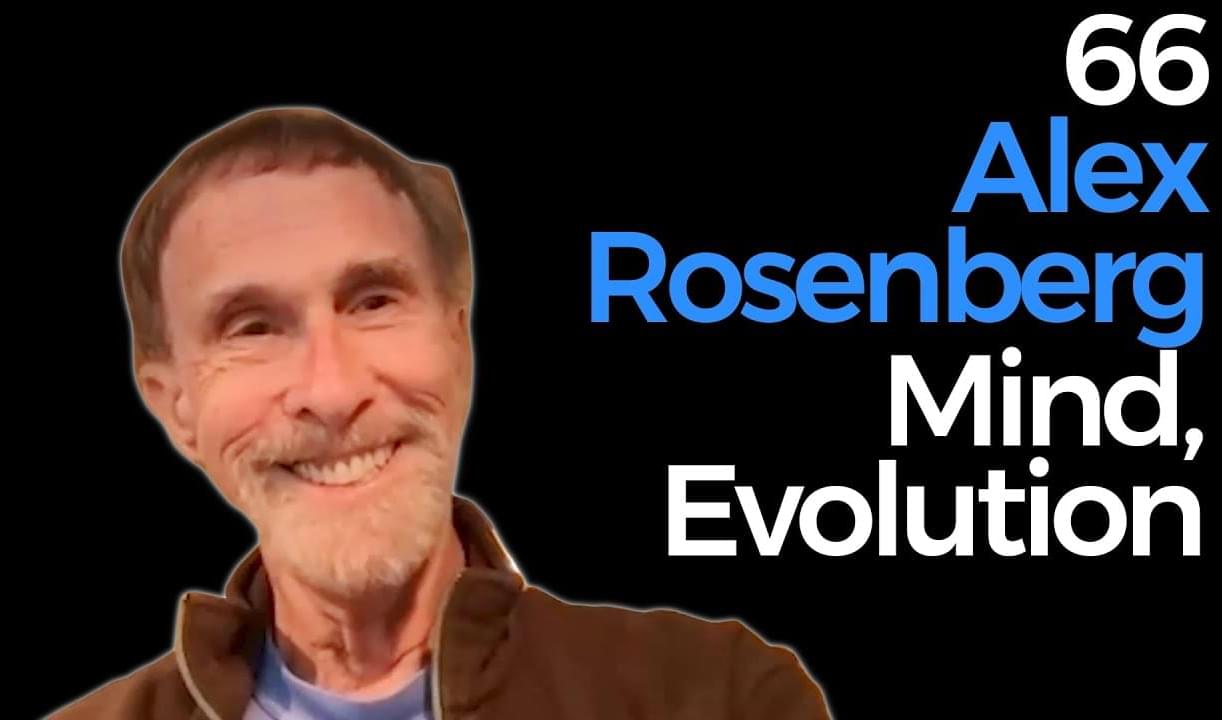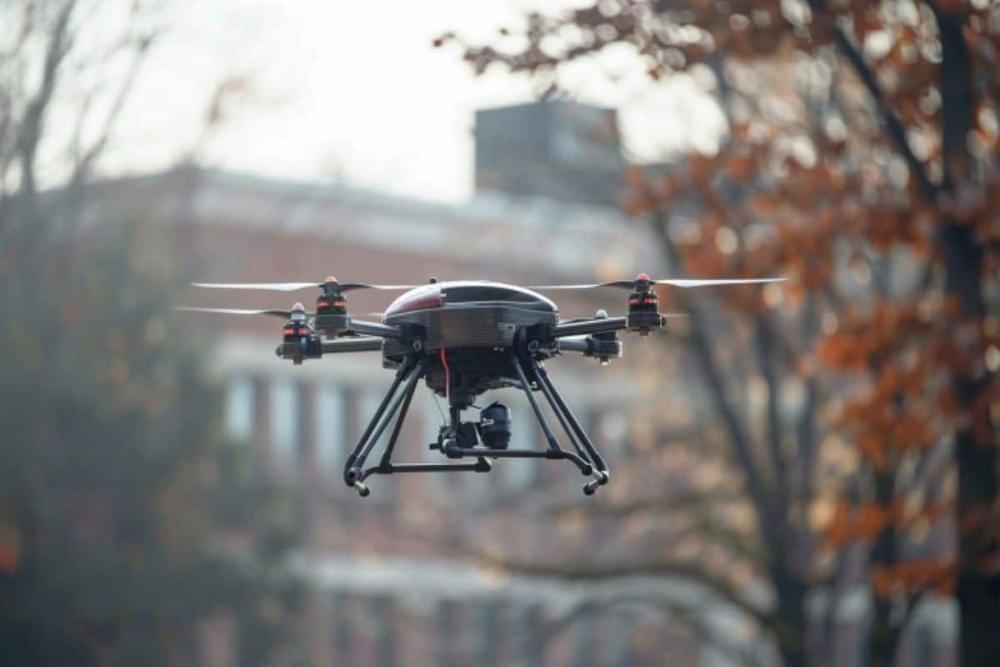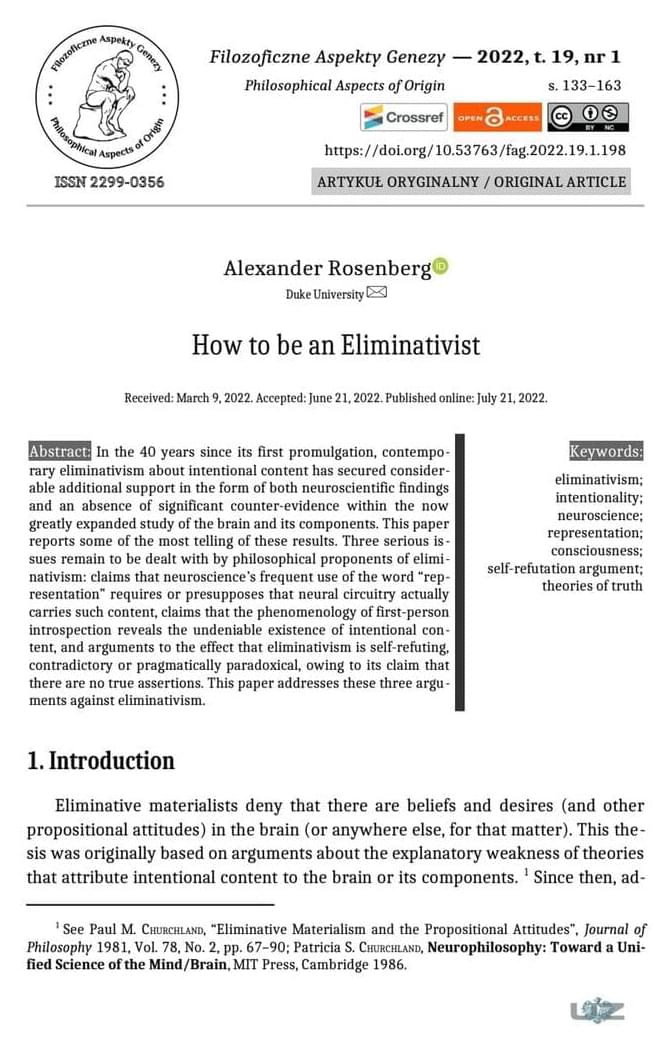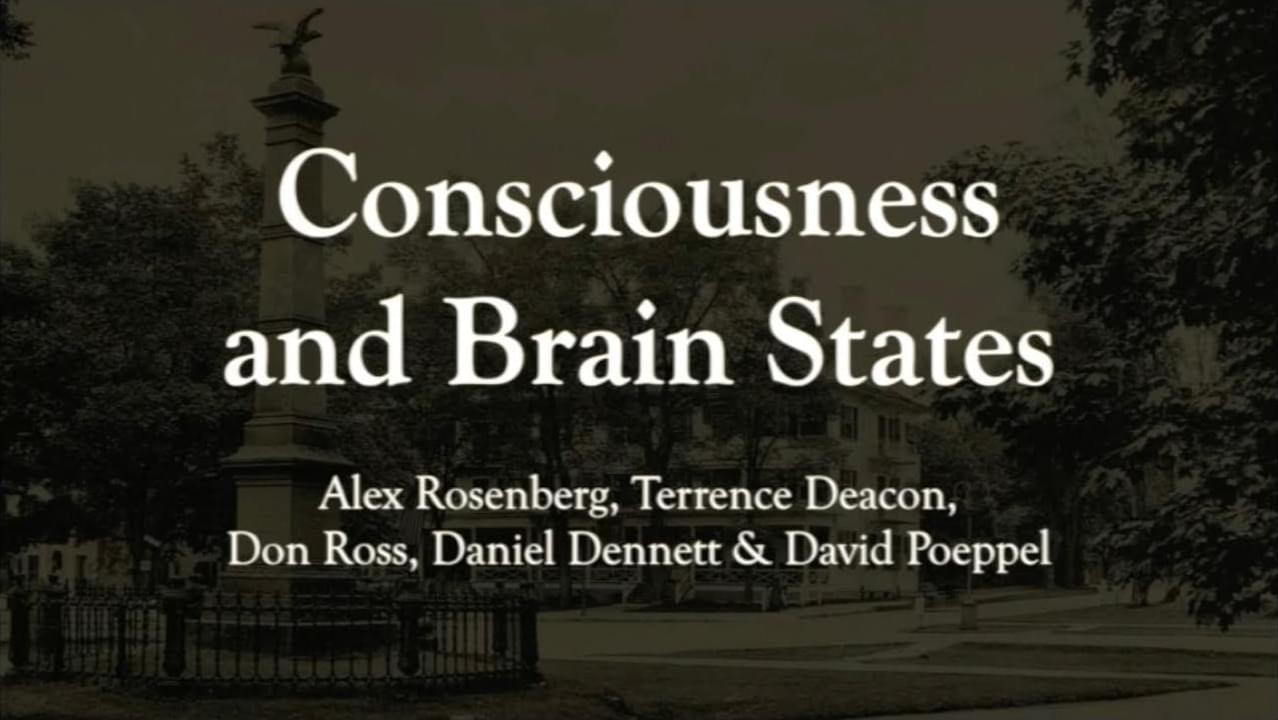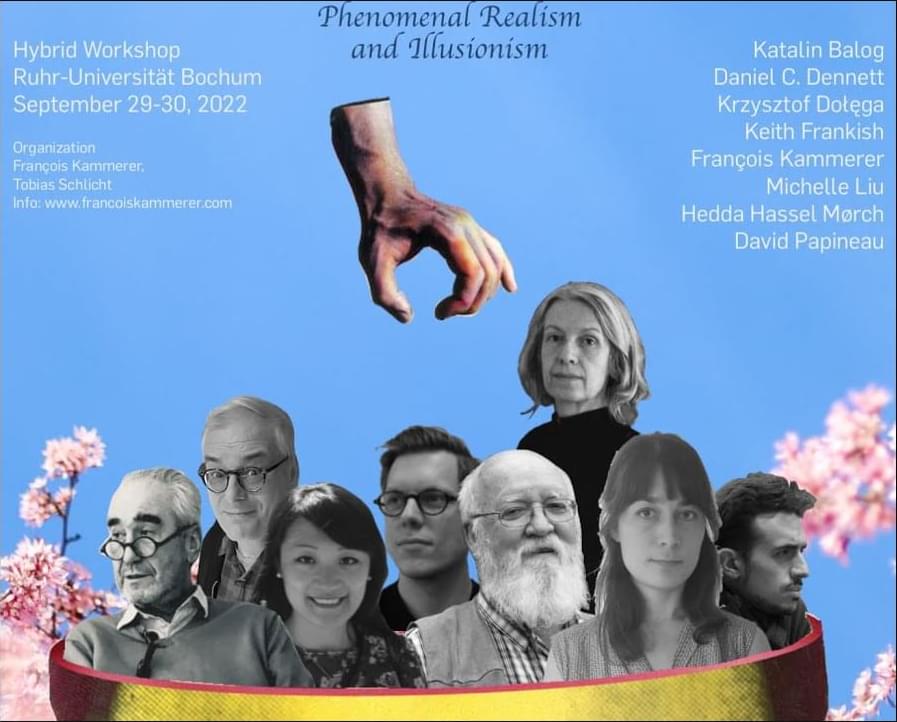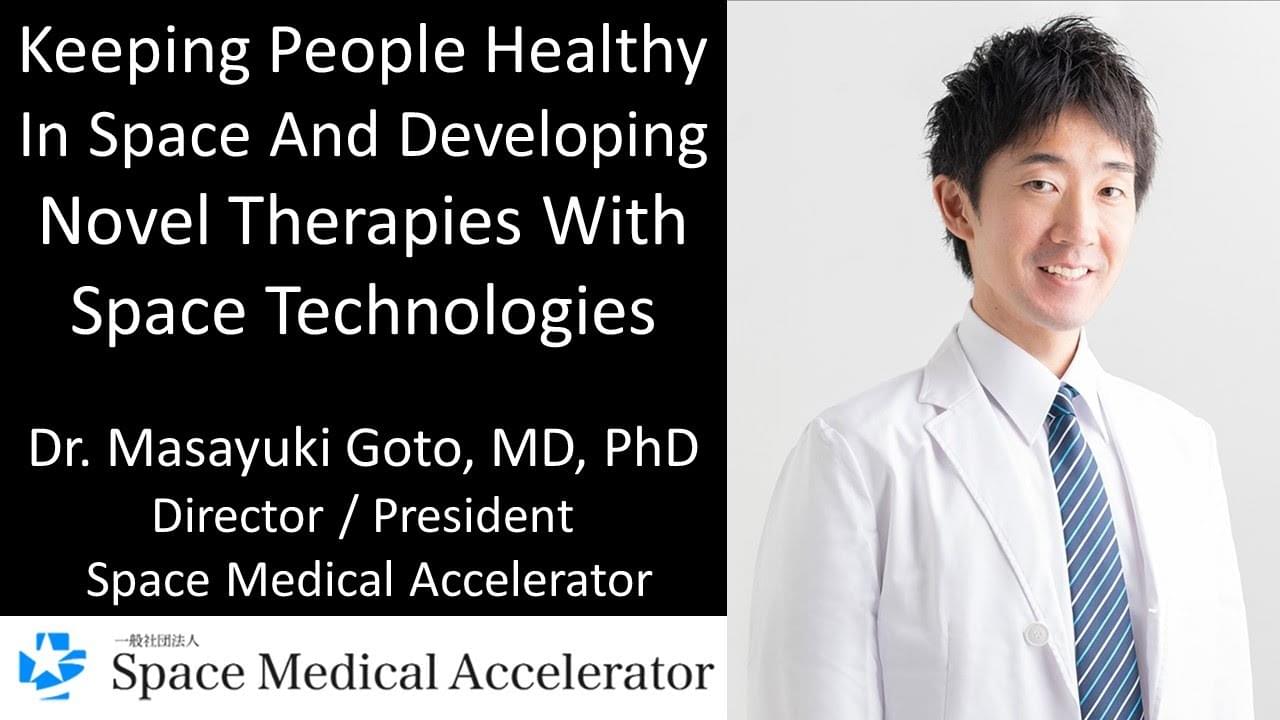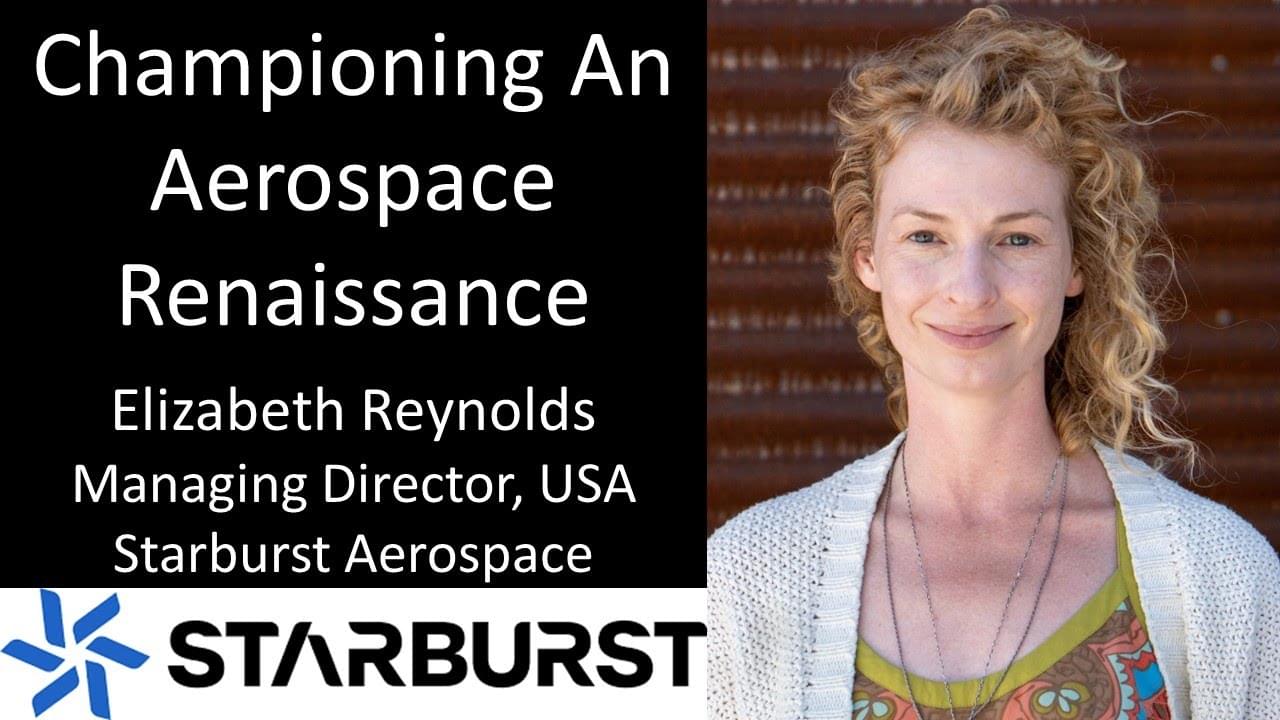Alex Rosenberg is the R. Taylor Cole Professor of Philosophy at Duke University. His research focuses on the philosophy of biology and science more generally, mind, and economics.
/ friction.
/ discord.
/ frictionphilo.
00:00 — Introduction.
01:47 — Scientism.
05:16 — Naturalism.
08:08 — Methodological or substantive?
09:40 — Eliminativism about intentionality.
11:50 — Moorean shift.
13:28 — Arguments against eliminativism.
21:19 — Papineau on intentionality.
25:43 — Consciousness.
29:29 — Companions in guilt.
31:30 — Fodor and natural selection.
37:26 — No selection for?
38:16 — Properties.
39:21 — Selection for/against.
40:34 — Selection for long necks in giraffes.
42:26 — Speaking with the vulgar?
44:26 — Selection against as intensional.
47:12 — Function and selection for.
49:11 — Skepticism.
50:59 — Example.
52:06 — Mereological nihilism.
53:23 — Value of philosophy.
55:22 — Nihilism?
1:00:03 — Conclusion.
Music: PaulFromPayroll — High Rise
